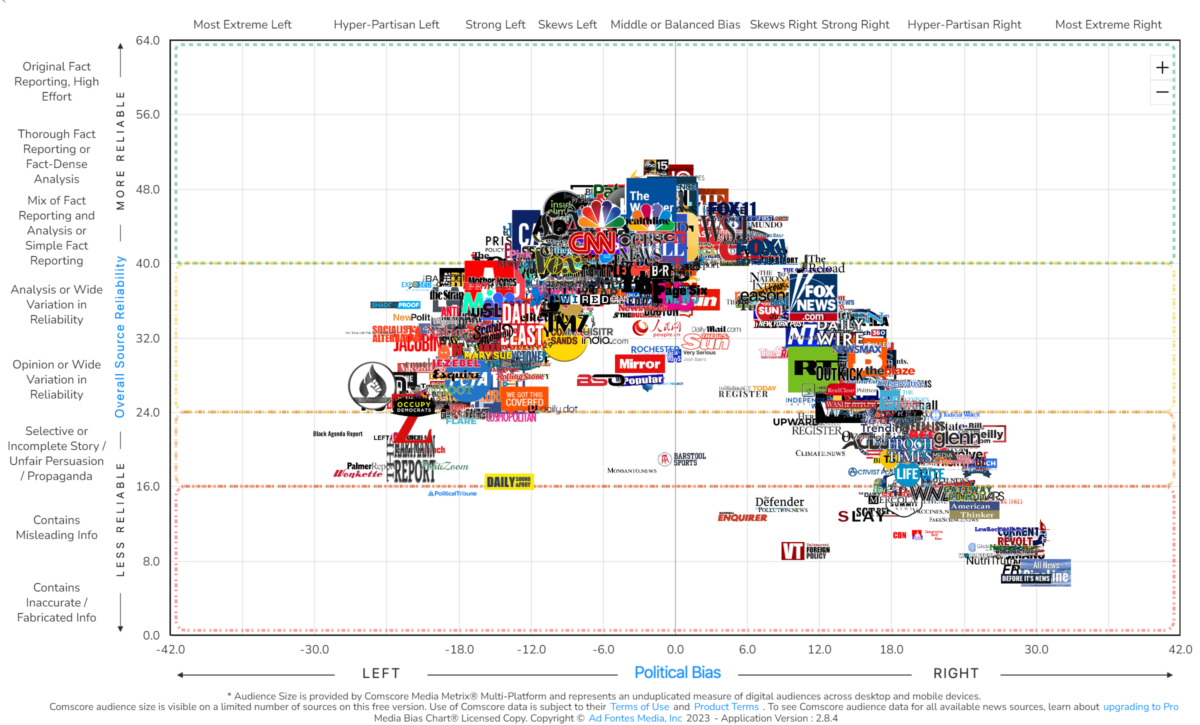1. Introduction to Volkswagen USA
Volkswagen, a name that resonates with quality and innovation, is making headlines across the USA. With a commitment to sustainability and cutting-edge technology, VW is positioning itself as a leader in the automotive industry. Let’s take a closer look at the latest updates that are shaping the future of VW in the United States.
2. Recent Model Releases
2.1 New Electric Vehicles
Volkswagen has ramped up its electric vehicle (EV) offerings, introducing the ID.4, a fully electric SUV that’s already creating a buzz. With impressive range, modern styling, and a spacious interior, the ID.4 aims to attract consumers looking to switch to electric without sacrificing comfort or performance.
2.2 Updates on Popular Models
In addition to new EVs, Volkswagen is refreshing its classic models, including the Golf and Jetta. These updates focus on enhanced technology and performance improvements, ensuring that these beloved cars remain competitive in the market. The latest Golf is set to impress with upgraded features that blend practicality and fun.
3. Technological Advancements
3.1 Infotainment Systems
Volkswagen is investing heavily in technology, with the latest infotainment systems featuring seamless integration with smartphones. The intuitive interfaces allow drivers to access navigation, music, and apps easily. Think of it as bringing your digital life right into your car!
3.2 Safety Innovations
Safety is always a top priority for VW. Their new models come equipped with advanced driver assistance systems, including adaptive cruise control and lane-keeping assistance. These features not only enhance safety but also make driving more enjoyable, allowing you to focus on the road ahead.
4. Environmental Commitments
4.1 Electric Vehicle Initiatives
Volkswagen is committed to becoming a fully electric brand by 2035. Their ambitious plans include launching several new EV models in the coming years. The ID.4 is just the beginning as https://wygazette.com aims to make electric driving accessible to a broader audience.
4.2 Sustainability Goals
In addition to electrification, VW is working on sustainability across its operations. They’re focused on reducing their carbon footprint and using more sustainable materials in production. This holistic approach is part of their goal to create a more eco-friendly automotive industry.
5. Sales Performance
5.1 Quarterly Sales Updates
The latest sales reports show promising growth for VW, particularly in the electric segment. The ID.4 has seen strong demand, contributing to an overall increase in sales compared to last year. This positive trend reflects a growing consumer interest in electric vehicles.
5.2 Market Trends and Competition
As the EV market heats up, Volkswagen is carefully analyzing market trends to stay ahead of the competition. With more brands entering the space, VW is leveraging its legacy and reputation to attract environmentally conscious consumers who also value quality and performance.
6. Community Engagement
6.1 Local Events and Sponsorships
Volkswagen is not just about cars; they’re also about community. The brand engages with local events and car shows, fostering relationships with customers and enthusiasts alike. This hands-on approach helps to build a loyal fan base.
6.2 Charitable Contributions
In addition to community events, VW participates in various charitable initiatives, focusing on education and environmental projects. Their commitment to giving back reflects their core values and dedication to making a positive impact.
7. Future Outlook
7.1 Upcoming Models
Looking ahead, VW has an exciting lineup planned. More electric models are on the way, and the anticipation for new releases is high. Expect innovations that will continue to push the envelope in design, technology, and sustainability.
7.2 Long-term Strategies
Volkswagen’s long-term strategy focuses on maintaining its position as a leader in the EV market. By investing in research and development, VW aims to enhance its offerings while remaining committed to environmental responsibility and consumer satisfaction.
8. Conclusion
As we look at the current landscape, Volkswagen USA is making impressive strides in the automotive world. With new models, technological advancements, and a commitment to sustainability, VW is well-positioned for a bright future. Stay tuned for more exciting updates from this iconic brand!






